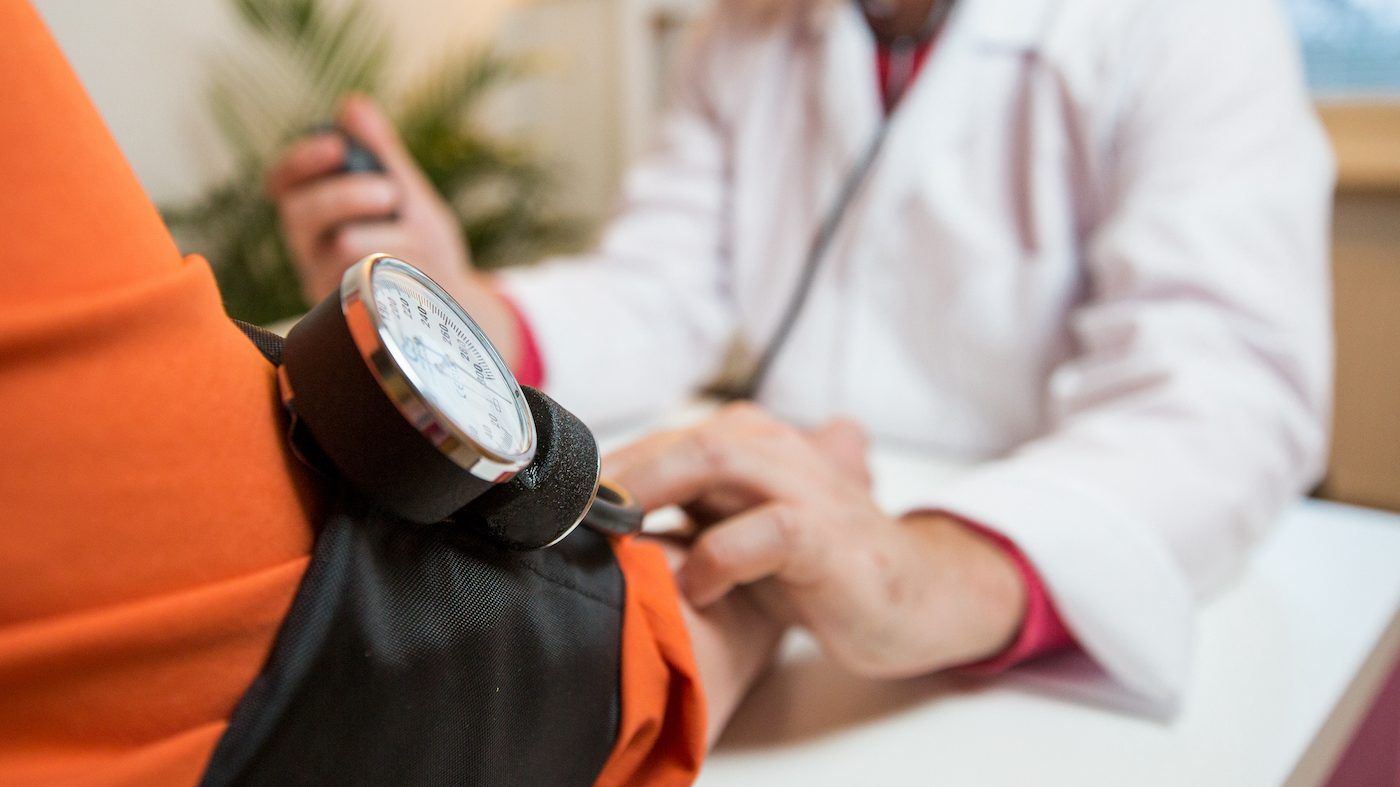one
study, in particular, found that music therapy could benefit both neurologic and neuropsychiatric impairments that develop following a stroke, including:
- motor rehabilitation
- speech regeneration
- cognitive recovery
these areas are often most important when it comes to living a normal day-to-day life without challenges, and if music makes a difference, it has a strong place in stroke rehabilitation.
tapping into the healing properties of music for stroke patients
anthonia is well-versed in the data surrounding music and its therapeutic properties, having kept up to date on others’ research and overseeing her own. currently, her research aims to compare the differences in people with stroke based on four different variations of sound:
- the participants preferred music
- an audiobook
- neutral music
- silence
the goal of the study is to determine how well people move, how long they move, and how quickly they tire, depending on the type of sound they experience. each sound will offer different results, with the person’s chosen tunes being the most effective for helping change the brain in ways that foster recovery and rehabilitation.
“we know that music can lead to something called entrainment, and what entrainment means is that our bodies sync to the rhythm of the music. with that kind of knowledge, we can train participants to rehab their lower limbs by asking them to walk to the rhythm of the music,” anthonia said. “gradually, we can increase the rhythm, and as they get better, they can also increase the speed and velocity. over time, that translates to better recovery and faster and safer ambulation.”
 5 minute read
5 minute read



















